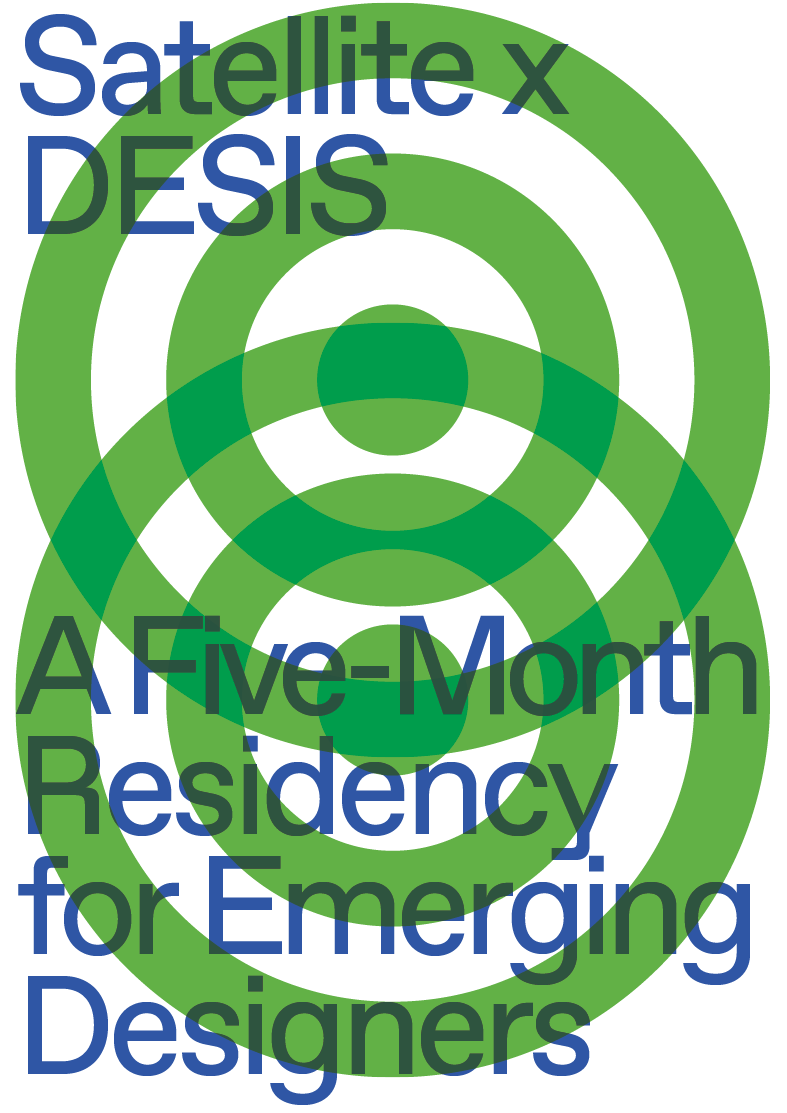Satellite x DESIS Residency Helps Supercharge Student Initiatives

Posted on | Updated
The 2020 Satellite residency connects students with funding, community and mentorship toward realizing their major sustainability and social innovation projects.
A new series of projects launched under the Satellite banner put the spotlight on building relationships and enhancing community resilience.
Laura Kozak, facilitator for the Satellite program’s 2020 iteration, Satellite x DESIS, says the process of building resilience both for the individuals involved, as well as for the communities they interact with, is central to this cohort’s way of working.
Projects within the program focus on creating, expanding and enhancing relationships. This approach emphasizes collaborative process over particular outcomes, meaning participants walk away with a holistic skillset and robust connections outside the school, fostering agency and confidence as artists and designers in the creative workforce.
“Rather than being focused right from the very beginning on making specific things happen at specific times, we gave the program a phased approach to allow projects to emerge through collaborative discussion and examination of systemic contexts to shape the work," Laura says.
Ten residents, making up five projects, are included in this year’s cohort: Garima Sood and Damien Stonick (Radical Waste); Annie Canto, Jean Chisholm and Nura Ali (POOL); Lauren Thu and Zara Huntley (Studio Peal); Josh Singler (Fruitcake Press); and Morgan Martino and Naomi Boyd (Pocket Change).
“This groundbreaking investment in the Satellite Incubator enables us to empower artists and designers by giving them the hands-on experience they need to make their world-changing ideas possible.”
Satellite is an evolving project incubator run by the Shumka Centre for Creative Entrepreneurship, and funded by the Accountability Council for Co-op Education and Work-Integrated Learning (ACCE-WIL) and the BC Ministry of Advanced Education, Skills and Training.
“This groundbreaking investment in the Satellite Incubator enables us to empower artists and designers by giving them the hands-on experience they need to make their world-changing ideas possible,” says Kate Armstrong, Director of the Shumka Centre.
Satellite x DESIS is run in partnership with Emily Carr’s DESIS Lab. This year’s program focuses social innovation towards sustainability.
Each of five project teams participating in the Satellite x DESIS program “receive access to mentorship, peer support and funding toward the goal of developing their projects within a real-world context, including products or services; initiating events, programs, initiatives or community partnerships; or starting studios, collectives, agencies or non-profits,” according to the Shumka Centre’s program brief.
The initiative draws from a few familiar structures such as the Artist-in-Residence model (an unprogrammed period in which an artist is awarded time and space to develop new work, usually in an unfamiliar environment), and familiar structures in mainstream business such as co-working (unstructured access to space and community) and accelerator programs (highly structured cohorts focusing on mentorship and directed feedback).
And despite the challenges that have emerged as a result of the pandemic, Laura says this year’s participants have demonstrated extraordinary agency and resilience throughout their participation.
“They’re building their networks of collaborators and advisors for their projects, and each of the groups are also learning from each other,” she says. “They've also really started to actively speak up about other ways that they could see agency being enhanced. So, they're also shaping future iterations of the project, too.”
Find out more about Satellite x DESIS, including details on this year’s project participants, on the Shumka Centre’s website.